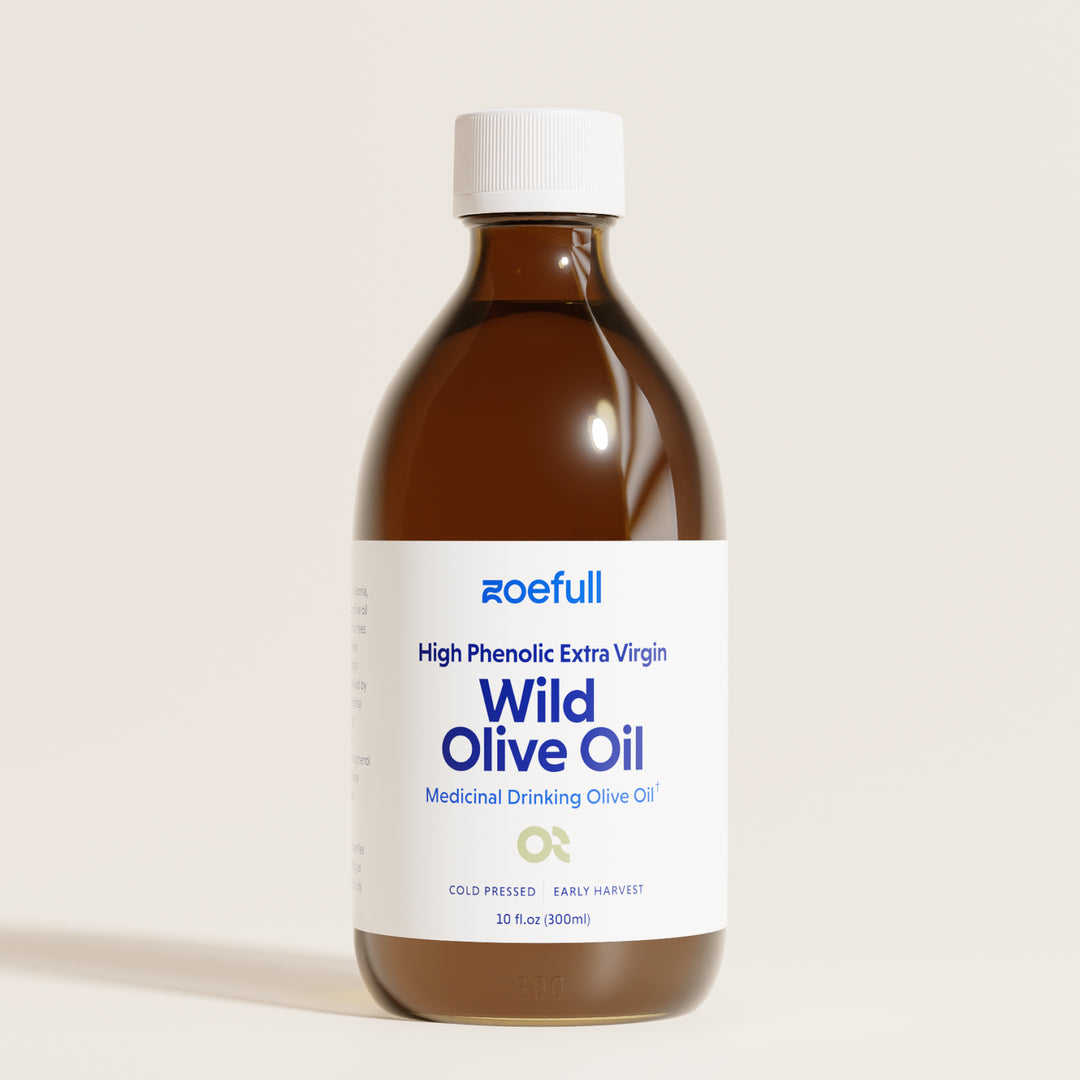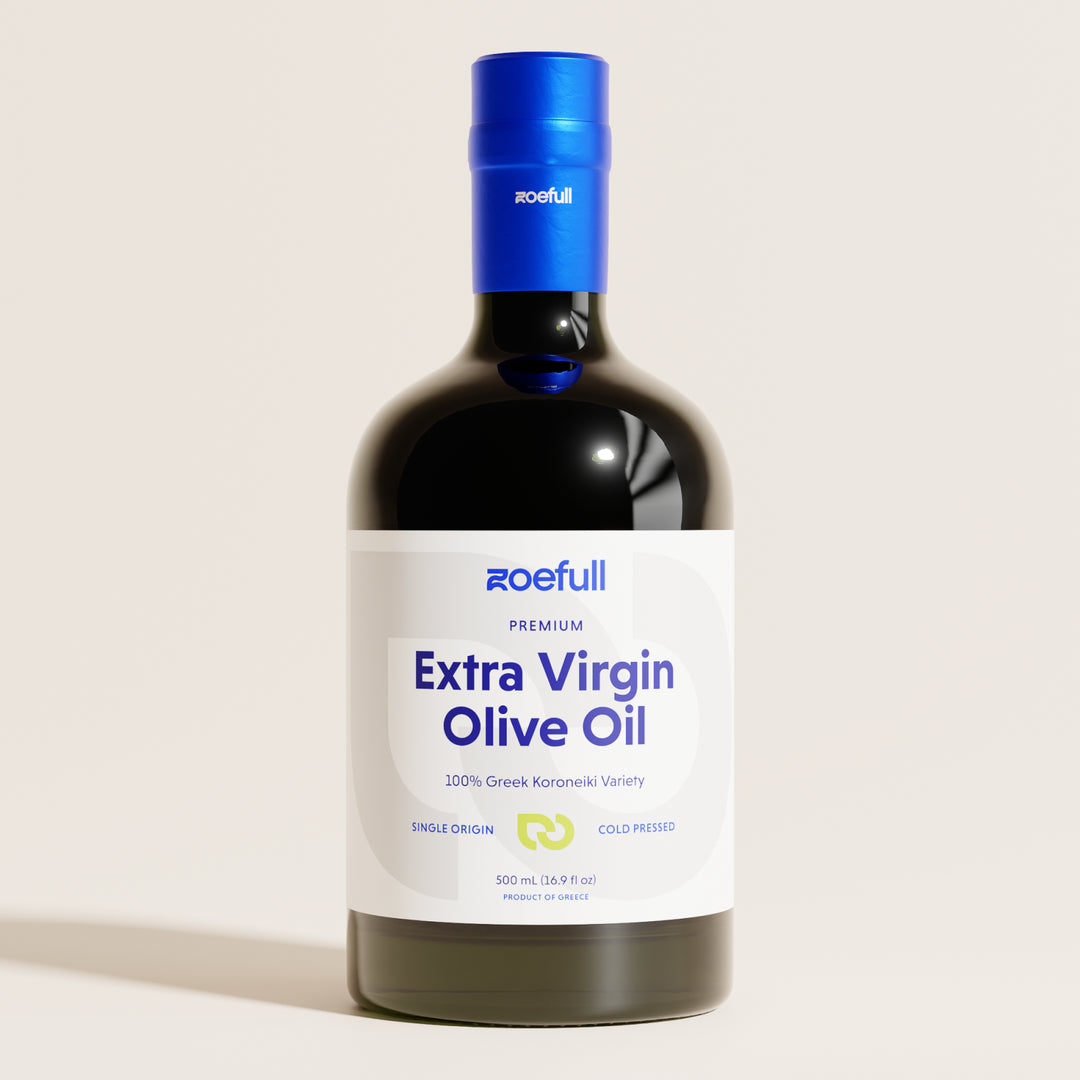Can a Simple Grape Compound Fix Your Metabolism?
Metabolic Diseases: Overview
The word metabolism is a physiological term that encapsulates all the biochemical reactions occurring in our bodies. More colloquially the term is used to refer to energy consumption, or the way our bodies process food. Simply put, then, metabolic diseases (or disorders) are pathologies that disrupt the body's ability to process and distribute energy and nutrients obtained from food.
To be metabolically healthy is extremely important, as metabolic unhealthiness is linked to several diseases. This includes an increased risk of developing heart disease, stroke, Type 2 diabetes, neurodegenerative diseases (e.g., Alzheimer's), and even cancer. This is because an unhealthy metabolism promotes the perfect environment within our bodies for these diseases to develop. And, sadly, it's becoming more and more common for people to be metabolically unhealthy.
A person is considered to be metabolically unhealthy if they meet the criteria for having something called metabolic syndrome. This involves having at least 3 out of the following 5 health conditions (modified from Outlive: The Science and Art of Longevity):
- High blood pressure (>130/85)
- High triglycerides (>150 mg/dL)
- Low HDL (<40 mg/dL in men or <50 mg/dL in women)
- Central adiposity (waist circumference >40 inches in men or >35 inches in women)
- Elevated fasting glucose (>100 mg/dL)

Figure 1 (modified from https://my.clevelandclinic.org/health/diseases/10783-metabolic-syndrome): Criteria for metabolic syndrome. You have metabolic syndrome if you meet at least three out of the five criteria.
About 120 million US citizens "qualify" as having metabolic syndrome, and, perhaps even more shockingly, 9 out of 10 tick at least one of the five criteria (1).
With this information, it is also important to appreciate that metabolic disease is a chronic disease that takes years to develop (but thankfully doesn't take years to correct). Further, the criteria (or symptoms) associated with metabolic syndrome are mere manifestations of the underlying dysfunctional processes that need to be corrected in order for metabolic health to be reclaimed.
Chronic Inflammation and Metabolic Disease
As with almost all chronic diseases, chronic inflammation is also a causal factor in metabolic disease. The chronically elevated pro-inflammatory cytokines and activated immune processes associated with chronic inflammation lead to:
- Systemic insulin resistance
- Disrupted lipid metabolism
- Disrupted lipid storage (including the accumulation of fat in the liver and pancreas)
- Oxidative stress
- Vascular dysfunction
To name a few.
All these processes are key players that directly contribute to the development of metabolic diseases - not only that, but factors such as insulin resistance also contribute to the worsening of chronic inflammation itself, thus creating a vicious cycle where chronic inflammation and metabolic disease perpetually feed each other.
Fortunately, we don't have to look far for things we could do today to reclaim our metabolic health. As we'll see next, simple interventions can go a long way.
Effects of Resveratrol Supplementation on Metabolic Disease
Resveratrol is a polyphenol found naturally in plants, and in particularly high concentrations in the skins of grapes. Although resveratrol has been popularized for its capacity to activate anti-aging genes in various organisms, the compound is also an antioxidant and anti-inflammatory and has the capacity to provide several notable health benefits to humans. These include positive effects on metabolic problems.
A recent meta-analysis (i.e. a study of studies) analyzed data from 25 independent studies and 1,171 participants, 578 of whom took a placebo (the control group), and 593 supplemented with resveratrol (the intervention group) (2). The authors of the study compared various metabolism-related health metrics and how these changed over time for each of the two groups. Notably, they reported that, the group that took resveratrol supplements showed statistically significant:
- Decrease in waist circumference.
- Decrease in hemoglobin A1c (a blood test that measures average blood sugar levels over the past few months, providing a long-term view of glucose metabolism health).
- Decrease in low-density lipoprotein cholesterol (LDL-C or "bad cholesterol") levels.
- Increase in high-density lipoprotein cholesterol (HDL-C or "good cholesterol") levels.
Based on these findings, the authors concluded that "resveratrol has a dramatic impact on regulating lipid and glucose metabolism." Indeed, the results suggest that resveratrol supplements may improve all of the conditions used to define metabolic syndrome (including lowering blood pressure; not assessed here but see e.g. (3)), thereby exerting a profound effect on overall metabolic health.
References
1) Hirode G, Wong RJ. Trends in the Prevalence of Metabolic Syndrome in the United States, 2011-2016. JAMA. 2020 Jun 23;323(24):2526-2528. doi: 10.1001/jama.2020.4501. PMID: 32573660; PMCID: PMC7312413.
2) Zhou Q, Wang Y, Han X, Fu S, Zhu C, Chen Q. Efficacy of Resveratrol Supplementation on Glucose and Lipid Metabolism: A Meta-Analysis and Systematic Review. Front Physiol. 2022 Mar 31;13:795980. doi: 10.3389/fphys.2022.795980. Erratum in: Front Physiol. 2022 Jul 22;13:918751. doi: 10.3389/fphys.2022.918751. PMID: 35431994; PMCID: PMC9009313.
3) Bonnefont-Rousselot D. Resveratrol and Cardiovascular Diseases. Nutrients. 2016 May 2;8(5):250. doi: 10.3390/nu8050250. PMID: 27144581; PMCID: PMC4882663.
























